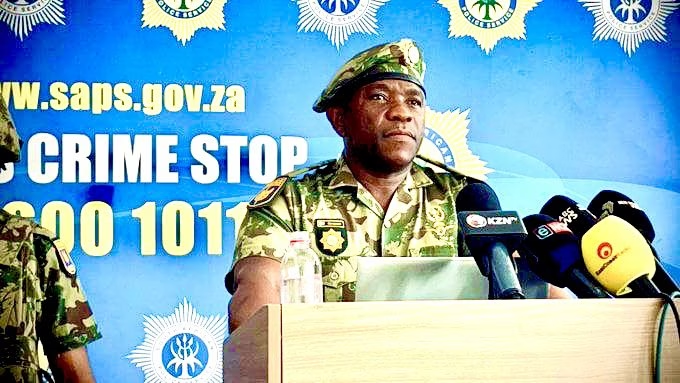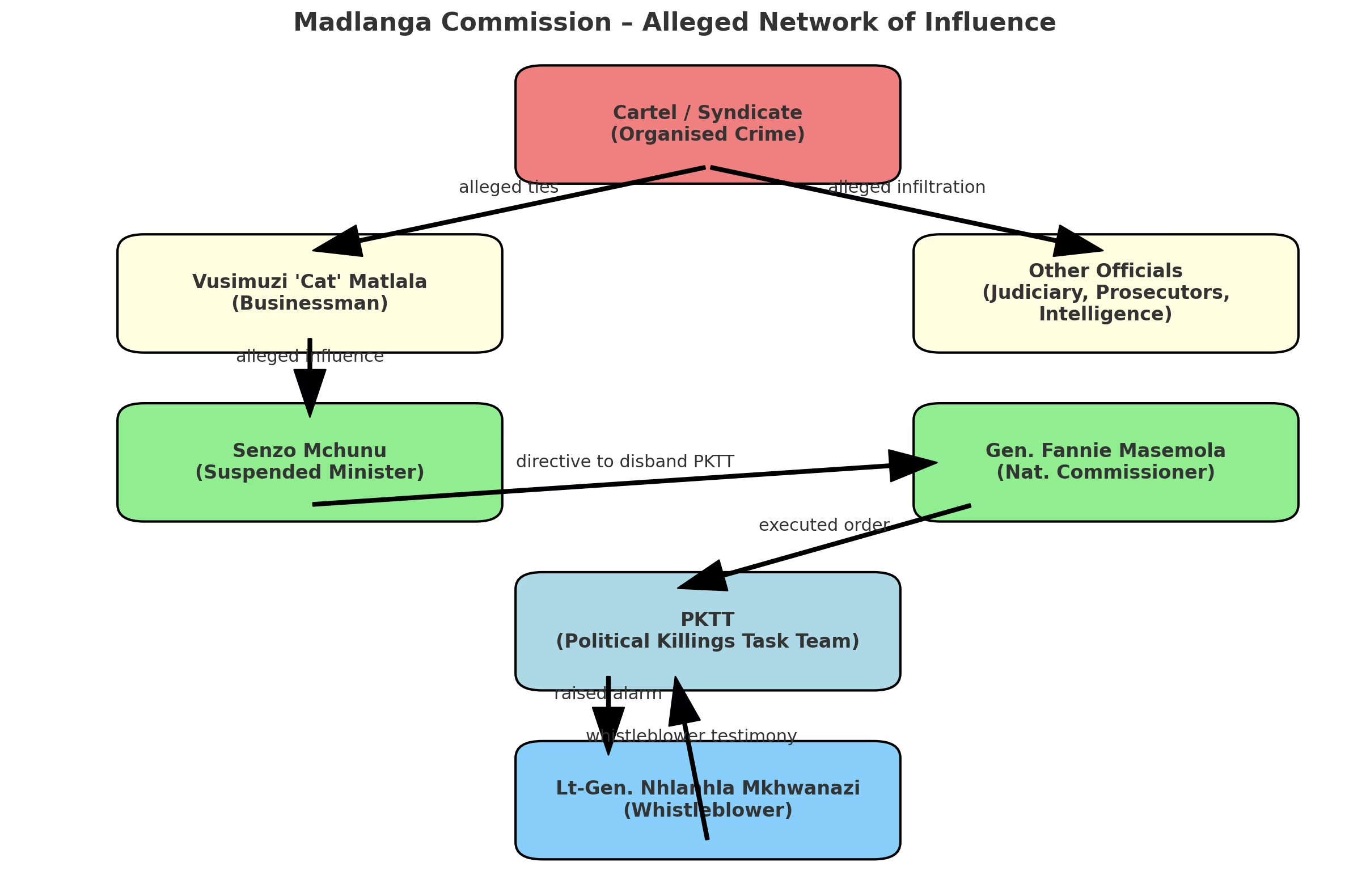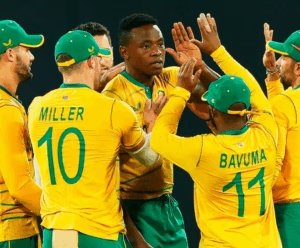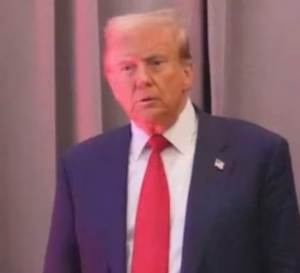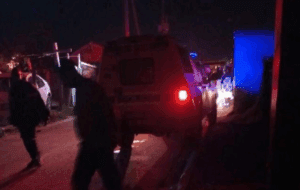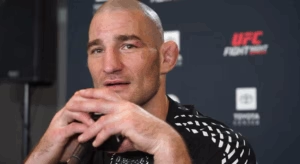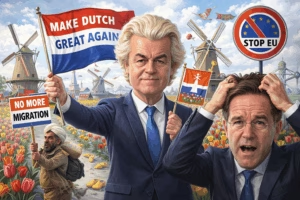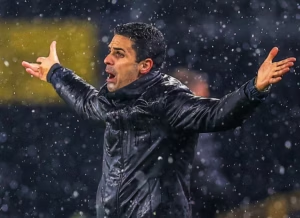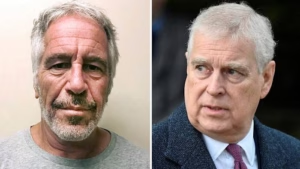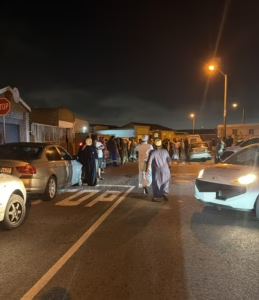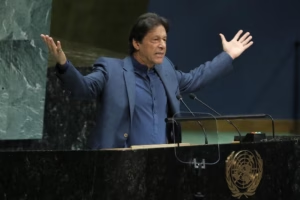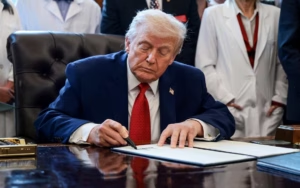The Madlanga Commission of Inquiry has heard explosive testimony linking the disbanding of the Political Killings Task Team (PKTT) to powerful figures within the state, raising unsettling questions about political interference, policing independence, and the protection of criminal networks.
Masemola Testifies on High-Level Pressure
National Police Commissioner Fannie Masemola told Chief Justice Mandisa Madlanga that suspended police minister Senzo Mchunu allegedly claimed President Cyril Ramaphosa himself had agreed with the move to shut down the task team.
“This might literally go all the way to the top, people, literally,”
Masemola remarked, suggesting the president’s office could not be excluded from scrutiny.
According to Masemola, the stated motivation for the disbandment was to prevent investigations into entrenched criminal syndicates. He further alleged that Mchunu and Deputy National Commissioner Shadrack Sibiya were shielding underworld figures Vusimuzi “Cat” Matlala and Katiso “KT” Molefe, both accused of wielding significant influence inside and outside the police service.
Alleged Criminal Links and Whistleblower Evidence
Masemola claimed that evidence from Matlala’s phone directly connected him to both Mchunu and Sibiya. He added that the same records showed links to ANC fixer Brown Mogotsi and former police minister Bheki Cele.
This raises a critical question: if Ramaphosa endorsed Mchunu’s proposal to dissolve the PKTT, was he aware of the alleged scheme to protect Matlala and Molefe’s criminal empires, or did he accept the explanation without realising the implications?
Nhlanhla Mkhwanazi, former acting police commissioner, offered contradictory testimony, telling Madlanga that Ramaphosa had previously congratulated the PKTT for its work. This inconsistency underscores the need for the president to clarify his position before the commission.
“The president needs to come to Madlanga. He needs to explain himself to this commission. He needs to tell South Africa what he did and did not say and how he really feels about the provincial killings task team,”
Masemola insisted.
Parliamentary Oversight in the Spotlight
Adding another twist, Masemola revealed that the Parliamentary Committee on Police largely supported Mchunu’s stance on disbanding the task team. The committee, chaired by the Democratic Alliance’s Ian Cameron, includes members from the ANC, DA, MK Party, EFF, ACDP, and NCC.
Mkhwanazi claimed that the NCC’s Fadiel Adams and the DA’s Dianne Kohler Barnard had acted inappropriately in attempts to weaken the task team’s operations.
Dockets Removed and Alleged Sabotage
Masemola further accused Deputy Commissioner Sibiya of undermining the PKTT by removing 121 investigation dockets and leaving them idle in his office for months.
He suggested that Sibiya’s motive was twofold: to obstruct the task team’s progress and to alert criminal figures about ongoing investigations. Among those named were Cat Matlala and KT Molefe.
Legal Authority and Chain of Command
Major General Petronella van Rooyen, SAPS’s legal head, also gave critical testimony. She emphasised that the police minister has no legal authority to disband task teams, describing Mchunu’s directive as unlawful.
“Police officers cannot obey a manifestly illegal order,”
Van Rooyen said, adding that Masemola was right to disregard the instruction.
She also stressed that Sibiya had no authority to remove the dockets without Masemola’s approval. Van Rooyen criticised the Parliamentary Committee for failing to act on Mchunu’s earlier statements about political interference in policing.
Where the Evidence Points
The testimony presented so far paints a troubling picture of political interference, alleged collusion with organised crime, and internal sabotage of critical investigations. Both Mchunu and Sibiya are expected to appear before the commission to answer to the allegations.
Yet the most pressing expectation lies with President Cyril Ramaphosa. With his name repeatedly invoked in connection with the task team’s disbandment, South Africans are waiting to hear directly from him. Whether his role was one of complicity, negligence, or misrepresentation remains unresolved, but the credibility of state institutions now hangs in the balance.

